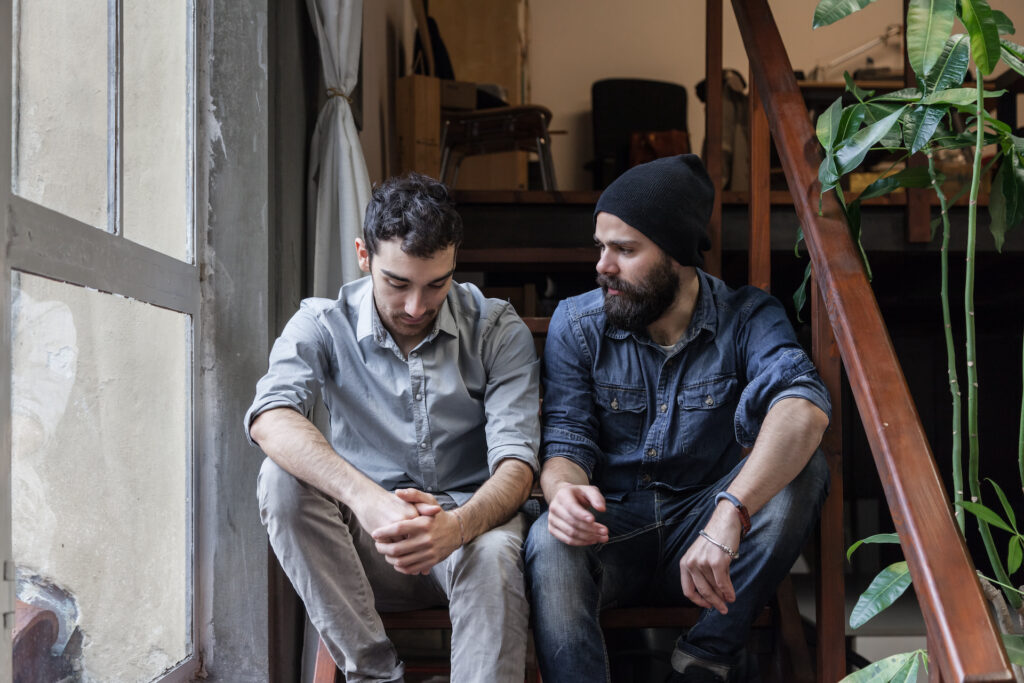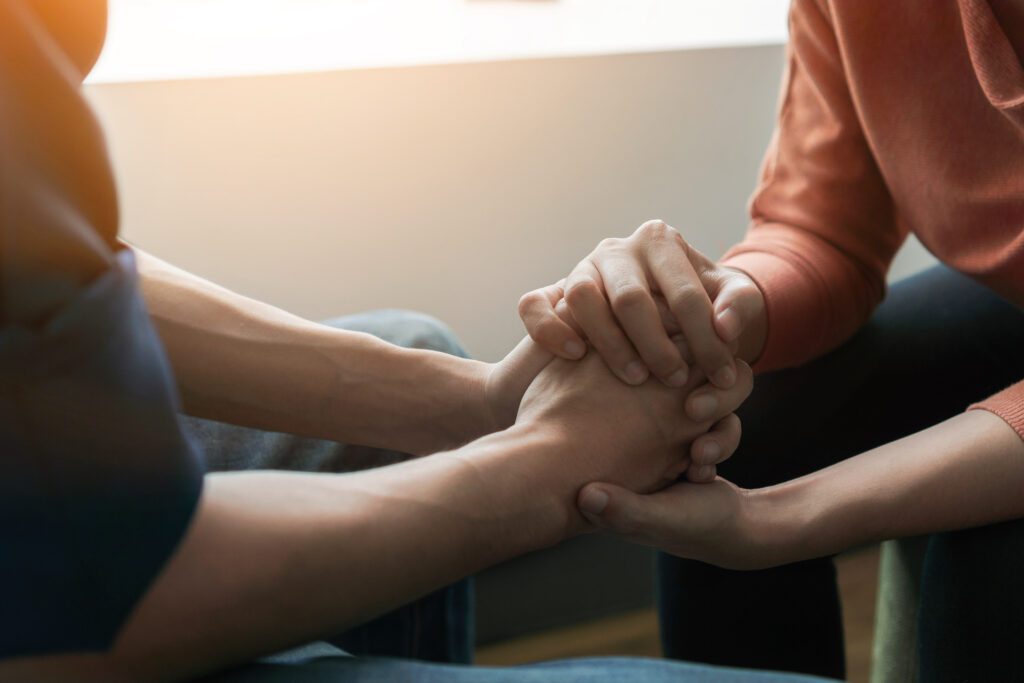Client after client, year after year, I observe the same pattern. Wherever there is addiction, there is trauma. By trauma, I mean significant relational wounding (consistent disruption of a child’s sense of being safe and loved within the family).
When we have relational trauma, it is nearly impossible for us to have healthy boundaries.
Healthy Boundaries are Necessary
A lot of people have too weak or porous boundaries. The result of this is that we cannot say “no” clearly and directly. We either never say “no” and exhaust ourselves by attempting to please everyone, or we become aggressive and hurt people when we finally say “no.” However, we need healthy boundaries in life.
Boundaries are like membranes that support and protect what’s vulnerable in us. Healthy boundaries help create healthy relationships. An example of a healthy boundary is when we speak up after a loved one has disrespected us. We speak up and perhaps challenge or confront their hurtful behaviours instead of enabling them.
By speaking up, we are also standing up for vulnerability and humanity. We protect our self-worth and dignity along with the health of our relationship with our loved ones.

Gaining Clarity can Empower Us
Having great clarity about what we no longer want to put up with in our relationships truly empowers us. Connected with our power and voice, we express ourselves and challenge others’ behaviours when they cross a line that matters to us.
By speaking up and expressing our healthy boundaries, we establish healthy expectations in our relationships as well as deep, genuine connections. The wounded child within us (the younger place in us that feels vulnerable) feels safer and relaxed. We begin to feel a lot more at peace since we are now capable of healthy self-protection and defence.
Additionally, healthy boundaries create a protective bubble around us in which we feel at ease and safe. When people are fulfilled in their closest relationships, they tend to not get addicted to substances even if they casually use/drink, because they are no longer using them as an escape.
Saying “No” Doesn’t Make You a Bad Person
Truly healthy and respectful relationships are our immune system against depression, anxiety, loneliness, and addiction. Being true to ourselves in relating requires that we express and stand by our “no’s” about the way we want to be treated by others.
This doesn’t mean we become a fortress of self-protection in the name of healthy boundaries. Rather that we are aware and capable of self-expression when our boundaries are crossed.

The more we protect ourselves from the unhealthy behaviours of those around us, the more deeply we can access our hearts and enhance our compassion for others. Being compassionate with people doesn’t mean tolerating their hurtful behaviours!
So explore and keep exploring your boundaries and keep speaking up. This helps you connect with your power and voice. Remember that being selective with who you spend your time and what you do in life is part of maturing as a human being.
There is no inherent virtue in being OK with everything, and saying “no” doesn’t make you a “bad person.”



